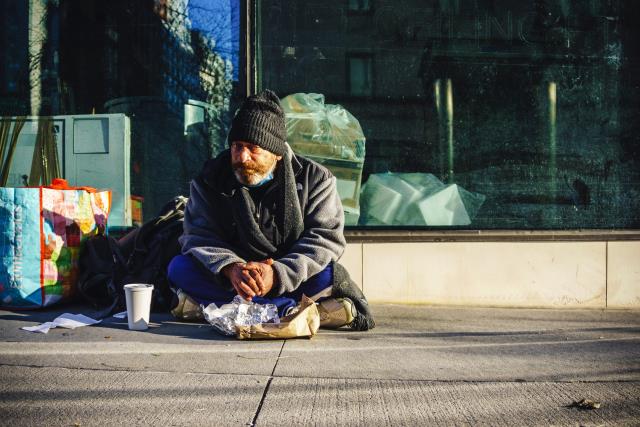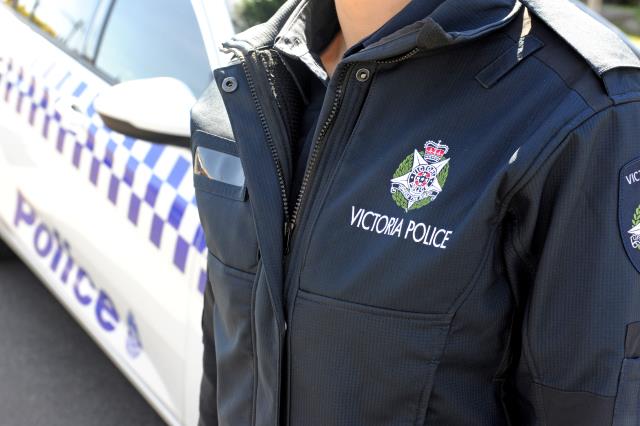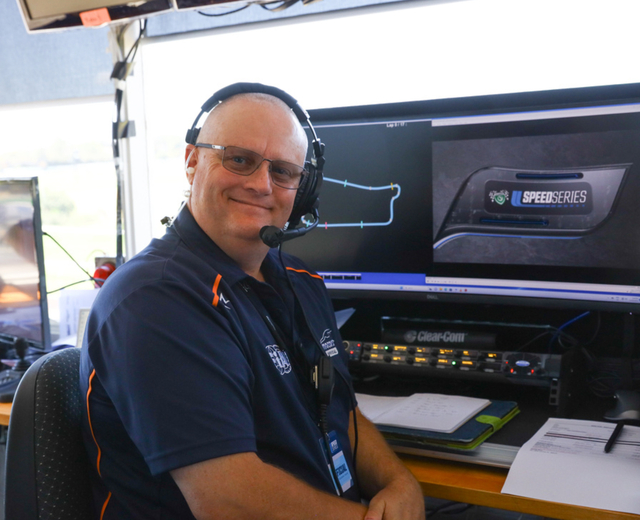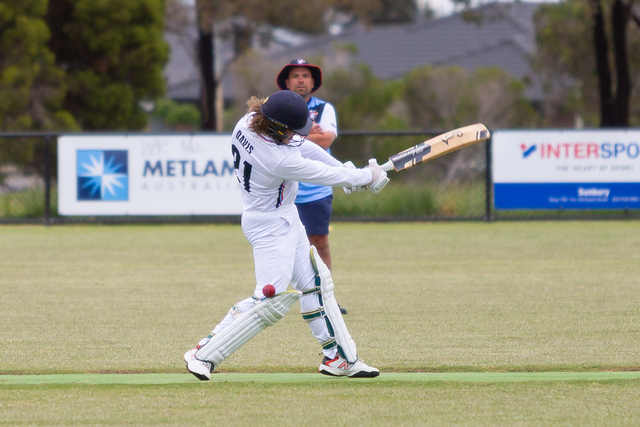When Leesha* was diagnosed with Asperger’s Syndrome late last year, the family thought they had found light at the end of the tunnel.
After all, the diagnosis explained the 11-year-old City of Melton girl’s quirky ways. Leesha (not her real name) has a wild imagination, loves storytelling but finds it extremely difficult to make friends.
She has difficulty with conversation and picking up on facial expressions, making life in the schoolyard extremely difficult.
“I have four children and with most of the problems my children have encountered I’ve been able to teach them the skills to move beyond those problems,” Leesha’s mother, Kelly, says. “But when your child has a problem where they have no friends because of a disability … that’s the hardest problem I’ve had to deal with and it’s heartbreaking.”
After countless appointments with health professionals, Kelly decided to speak publicly about her daughter’s plight and start a conversation about Asperger’s Syndrome.
“I got to a point where we realised our daughter’s not sick; her brain works a different way,” Kelly says.
“We feel, as a family, it’s just a different way to be and it’s not the wrong way to be. At the end, it got to the point that made me realise maybe the only people who can help the kids and [Leesha] are the parents.
“Unless we have explicit conversations with our children and tell them not everyone is going to be like you, then it’s not going to change.”
Kelly has asked Leesha’s school principal to distribute a letter she’s written to parents about Asperger’s Syndrome and what families can do to help. Kelly hopes to break down the taboos and stigma, which, she says, is still associated with Asperger’s Syndrome.
“[Leesha] looks normal, she’s a beautiful, attractive girl but has challenges. There’s still a stigma…
“Why wouldn’t we want people to know? Why would we be ashamed?”
Denise Cran, principal psychologist with western suburbs service Discovering Strength, encouraged parents to speak to their children about inclusiveness and diversity.
“Educate your children that some disabilities are hidden,” Ms Cran said.






